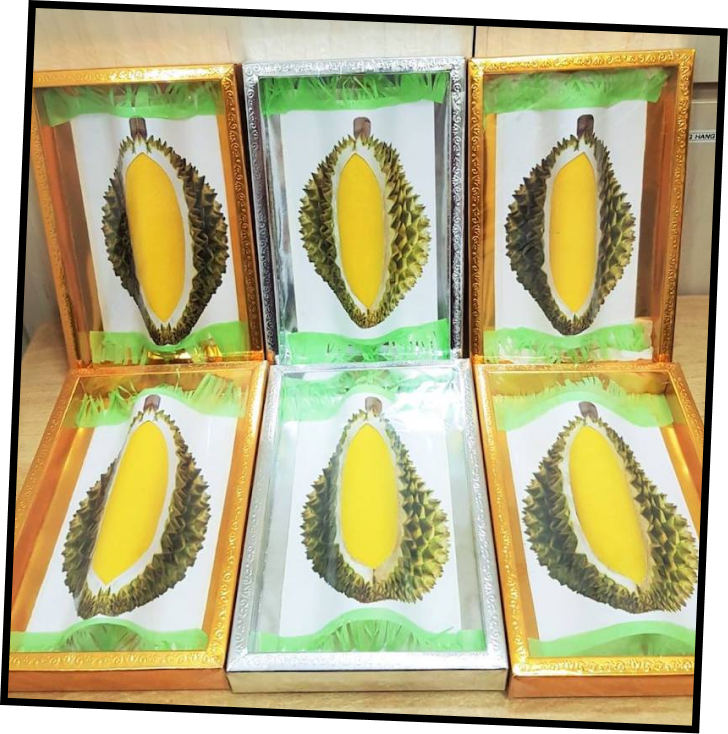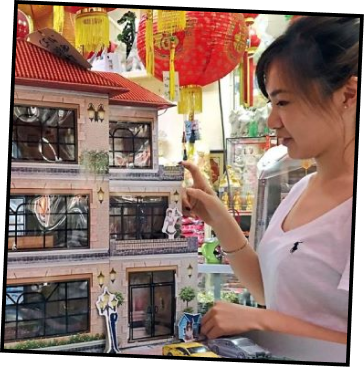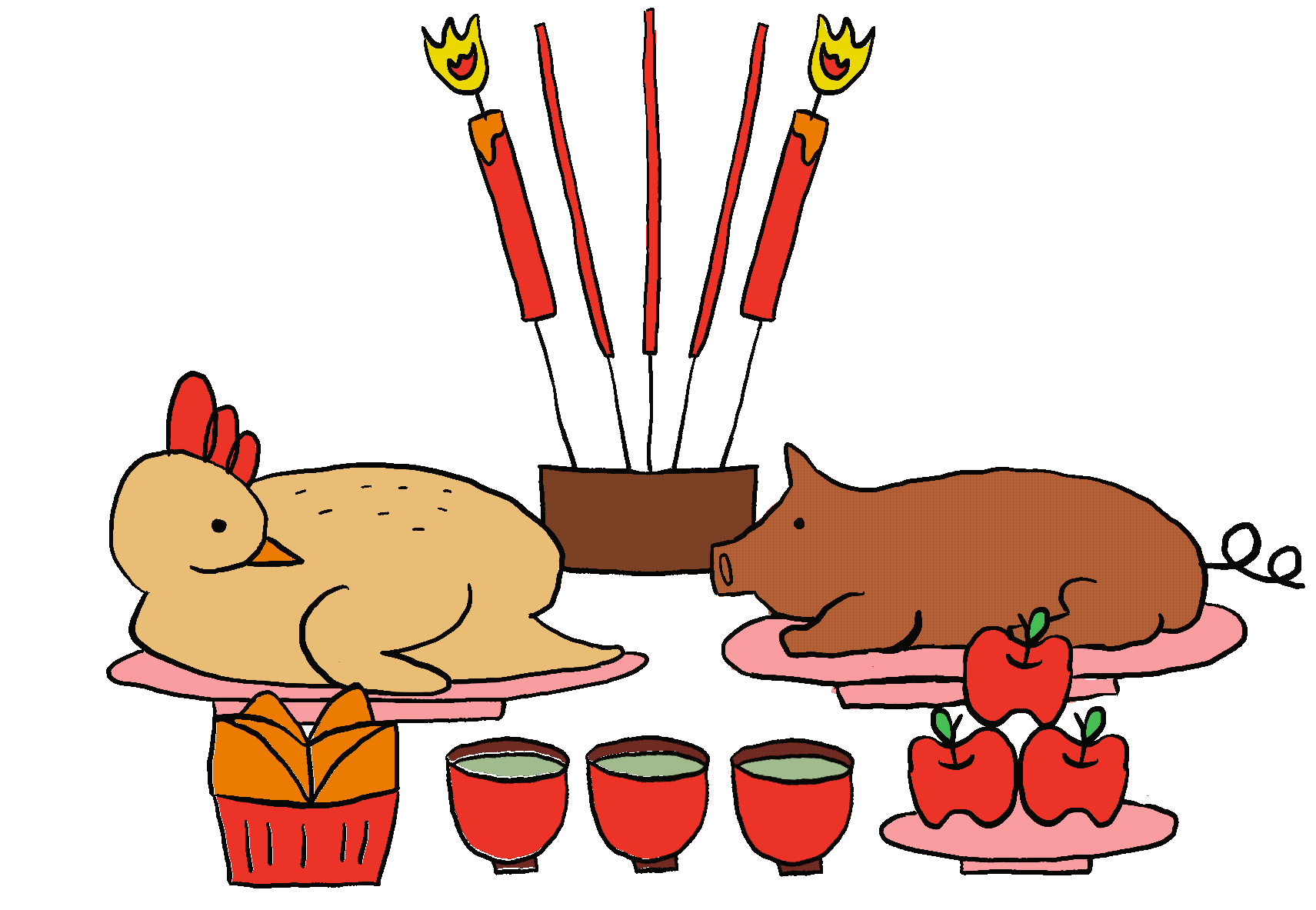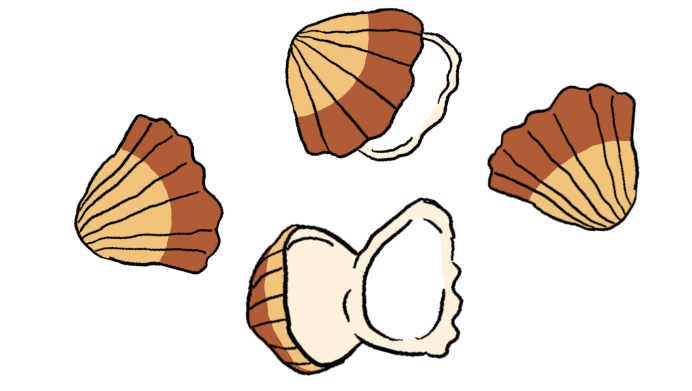


Navigating through the Qingming Festival might be challenging, especially if you’re unfamiliar with the rituals. Need a list of customs and traditions for reference? Browse the list below to help you navigate through Qingming!


Remembering and honouring the dead at Qingming may take many forms, some of them are:

When visiting the cemetery to clean a tomb, this could involve removing weeds or debris, wiping down the headstone, and ensuring the area around the grave is clean. It’s also customary to bring food offerings and/or flowers as a way of paying respects to the deceased. The act of visiting a tomb to clean and present offerings is to honour the memory of the deceased and demonstrate a sense of care and respect for their final resting place.

Remembrance of loved ones is also observed at home on Qingming day by those who practise ancestor worship.



As cremation becomes more widespread due to land-scarcity, visiting the cemetery will increasingly be replaced by visitation to the columbarium.

Singaporeans are also adopting the practice of placing ancestral tablets in the temples. Hence, families visiting temples during Qingming would be a norm in the near future.



In a land-scarce country like Singapore, cremation is a much more common option than burial. That’s also why we gradually have more multi-level columbariums than cemeteries. So, expect large crowds at the various columbariums during Qingming. It’s always a good idea to plan in advance to avoid the crowds and lengthy queues of cars.
Based on previous years, crowds are expected on the day of Qingming (5 April), Good Friday (7 April) and the weekends from 18 March to 16 April. To ensure smooth traffic flow it’s best to pre-plan. Drop by NEA’s website to find out key information about the respective columbariums. For those who are driving, you may book an appointment and arrange for a parking lot too.


Families may burn paper gifts and money to ancestors so they can use them in the afterlife.

Replicates of paper offerings have gone on to different varieties to burn for our ancestors to keep them happy in the afterlife. That applies to food as well! We, Singaporeans, have a deep love for durian, and our ancestors are no different.
As such, it’s not a rarity to see a huge assortment of food or paper offerings such as durian!


Paper gifts from food to electronic devices and pets on top of the necessities.
Paper offerings now include replicas of clothings, houses, cars, electronic gadgets and accessories. Some families believed that the paper gifts must be labelled with the names of both the deceased and the descendants to ensure that their ancestors receive the items on the other side.

@singaporeccc One of the Qingming practices is to burn joss money for our ancestors to enjoy in their afterlife. Do you know? Joss paper can be folded into 3D ingots, which is believed to hold greater value than unfolded paper money. 😮 In this video, Kristin from Ban Kah Hiang Trading shares with us the way she folds ingots!Discover more interesting facts about the festival at 👉 https://festivefever.singaporeccc.org.sg/qingming.
♬ original sound - SCCC
Apart from burning paper gifts, joss papers are also burned for the deceased. These papers represent money, and are traditionally made from coarse bamboo paper and cut into individual squares or rectangles with a thin piece of foil in the centre.
Hell money, a sort of modernised paper money to resemble legal tender bank notes, are also being printed and sold. These notes may have the words “Hell Bank Notes” printed on them. Traditional joss money can be folded into 3D ingots, which is believed to hold greater value than unfolded paper money. Kristin from Ban Kah Hiang Trading, a religious and ceremonial goods retailer in Singapore since 1969, shares with us the way she folds ingots. Check out the video!


Preparing food that your departed loved ones would have enjoyed is a culinary focus of the event. However, there are some differences in how food offerings are made depending on the dialect group you belong to. If you’re heading to the Buddhist temple or columbarium, the food offerings would be vegetarian by nature.



What do different families around Singapore do during this day? What does Qingming mean to the different generations? How should we make Qingming relevant to the youths?
As we come together as a family to commemorate and honour our deceased loved ones, we're also taking the opportunity to celebrate our unity. Qingming not only holds the essence of intergenerational bonding, but also our history, culture, and even ways of life. Spending time intentionally to bridge generations and keeping ancestors present in our daily life is especially poignant in today's fast-paced society.
Local Chinese from all walks of life share their thoughts and insights about the festival.


@singaporeccc We know that Qingming Festival is a day to remember and honour departed family members. 🇸🇬 But did you know there are various ways Chinese families spend the day, depending on their dialect group, family’s practices etc. We asked some locals how they spend this Festival. What about you and your family? Discover more interesting facts about Qingming Festival at 👉 https://festivefever.singaporeccc.org.sg/qingming.
♬ original sound - SCCC
@singaporeccc Passed down through the generations, Qingming is one of the most widely celebrated festivals by the local Chinese community. 👪 Apart from commemorating our ancestors, it’s also an opportunity to impart and reinforce values like filial piety to the younger generation. 🧡 Youths share what they think should be done to make the festival remains relevant to their generation. Share your thoughts with us too!Discover more interesting facts about the festival at 👉 https://festivefever.singaporeccc.org.sg/qingming.
♬ original sound - SCCC
@singaporeccc Qingming is a day for families to come together to remember our deceased loved ones. It also holds the essence of intergenerational bonding, and our history, culture, and ways of life. 💭 Local Chinese from different generations share what they think the festival means to them. What’s yours?Discover more interesting facts about the festival at 👉 https://festivefever.singaporeccc.org.sg/qingming.
♬ original sound - SCCC


Qingming practices vary across different dialect groups in Singapore. Discover them here!
